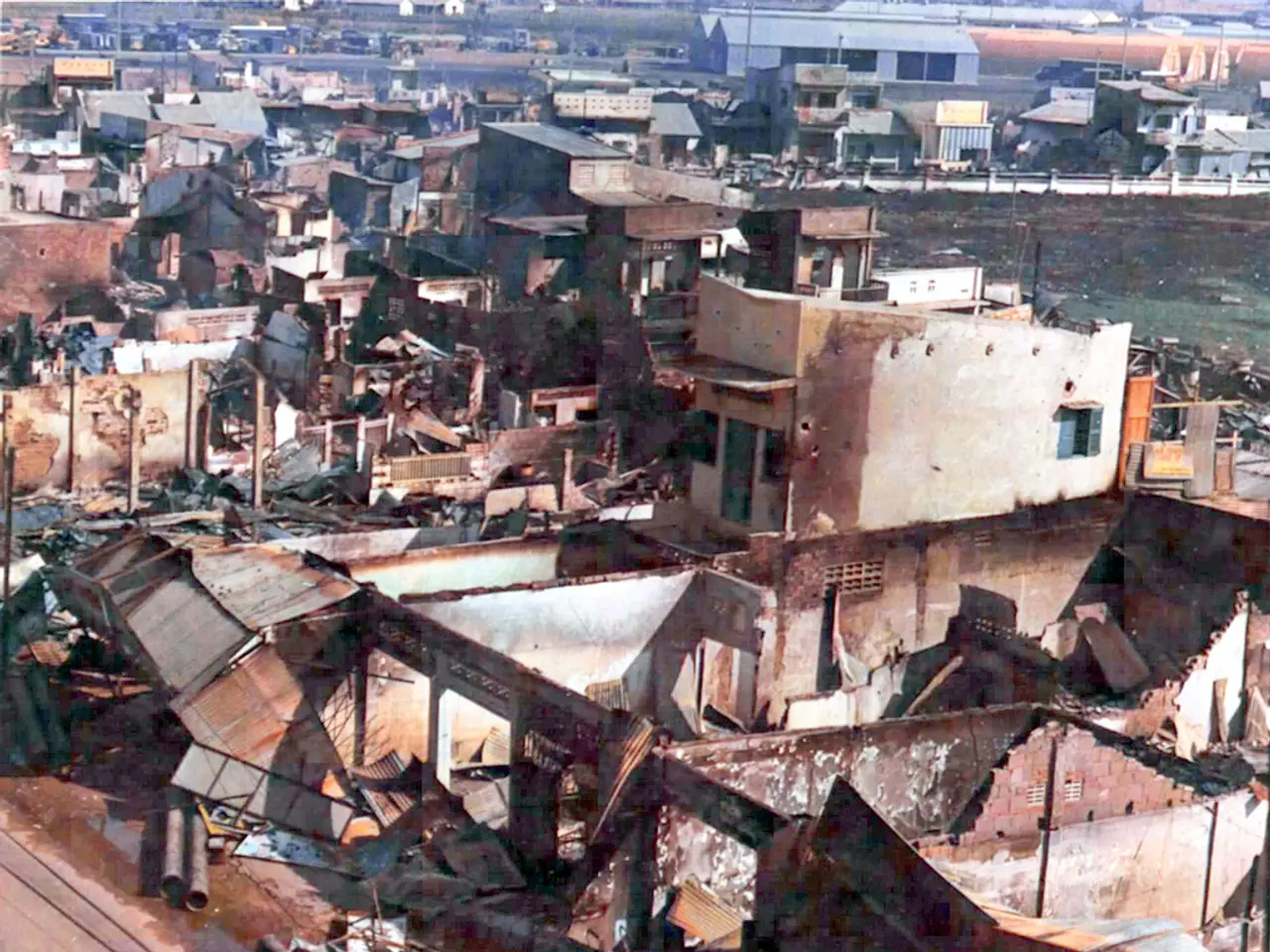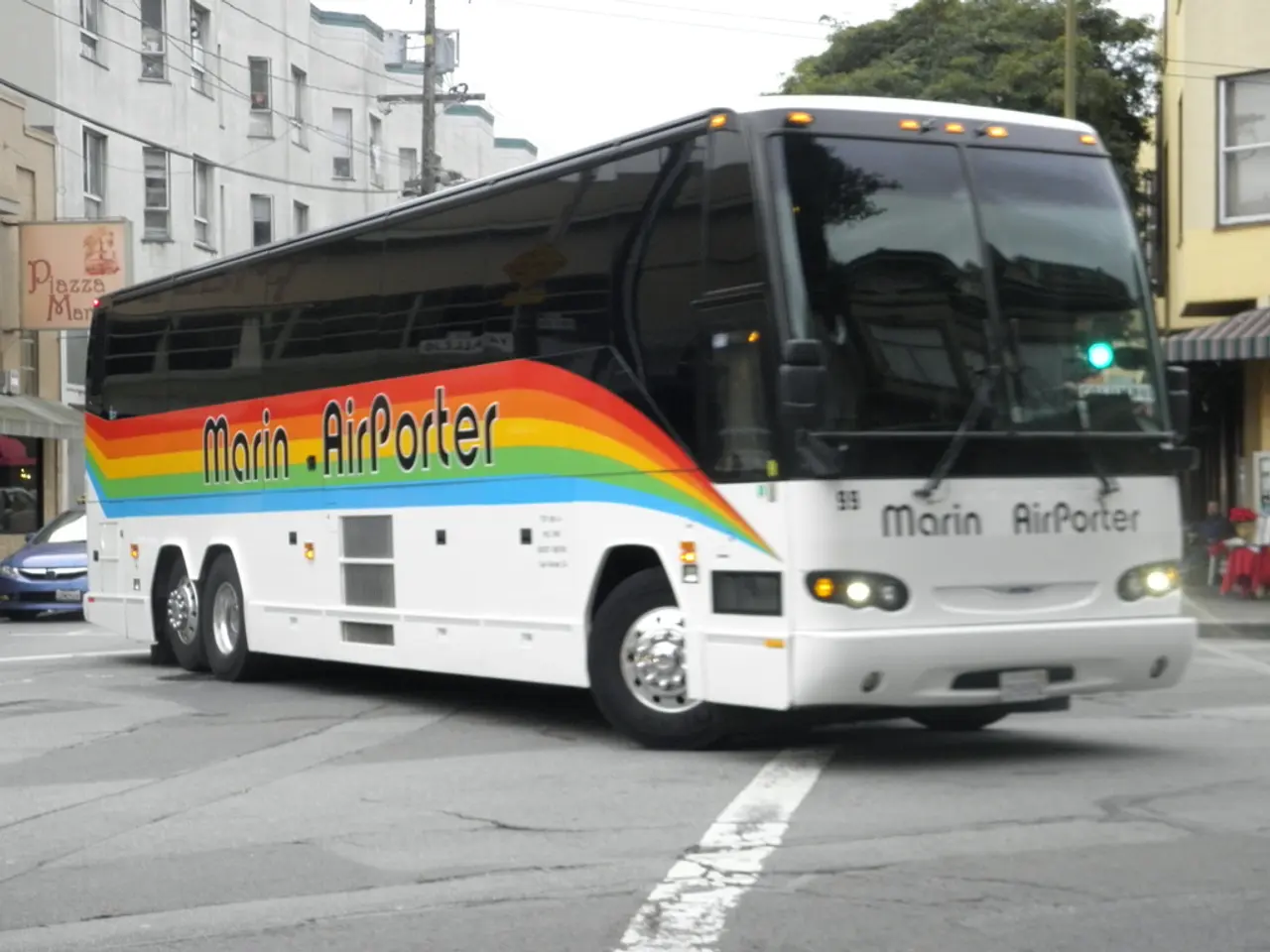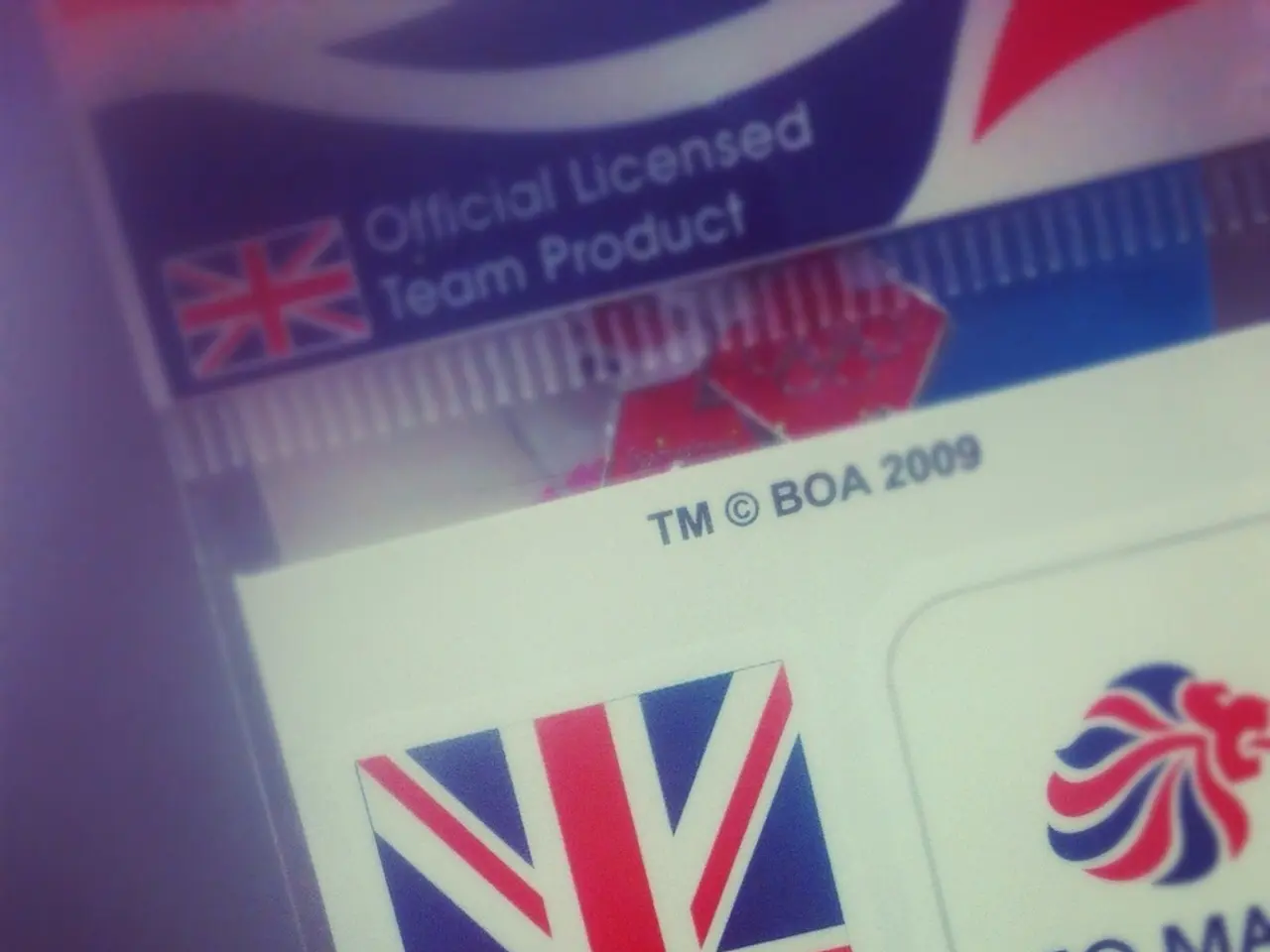Memorialized Icelandic Financial Catastrophe of October 2008
In October 2008, Iceland found itself in the midst of a severe financial crisis. The once prosperous nation was plunged into economic turmoil, with the collapse of three major banks and a near-total stock market crash.
Footage from mbl.is, a renowned Icelandic news outlet, provides a glimpse into this tumultuous time. The archive captures the immediate aftermath of the bank collapses, the protests outside banks and public buildings, and the overall atmosphere of economic distress that gripped the country.
The footage includes interviews with affected individuals, offering a firsthand account of the financial crisis's effects on ordinary citizens. Many Icelandic citizens found themselves without their savings, a reality that sparked widespread public outrage.
The crisis led to a sense of urgency and panic among the populace, with people rushing to Icelandic banks to withdraw their savings. However, upon arrival, they discovered their savings had been depleted.
The financial crisis had a profound emotional impact on the Icelandic people, resulting in a significant loss of savings for many. This loss was not just a financial one; it was a blow to the nation's confidence and security.
The crisis also triggered major social and political upheaval. Protests led to the resignation of the government in early 2009 and a change in leadership, with a coalition government taking power.
The economic consequences were profound and multifaceted. The Icelandic króna lost over 70% of its value, and the domestic stock market lost 90% of its value. The government had to take control of the banks and seek emergency aid from the International Monetary Fund and neighboring Scandinavian countries.
The crisis also caused disruptions to local businesses dependent on imports, with examples like McDonald's in Iceland closing due to the prohibitive cost of imported ingredients.
Furthermore, the financial crisis sparked international disputes, notably the Icesave dispute between Iceland and the UK/Netherlands over repayment obligations to foreign depositors affected by the banking collapse.
In summary, the financial crisis in Iceland in October 2008 was a turning point in the nation's history. The footage from mbl.is serves as a poignant reminder of the crisis's causes, effects, and the resilience of the Icelandic people in the face of adversity.
The financial crisis in Iceland in October 2008 significantly affected various sectors, including the banking-and-insurance industry, finance, and business. The collapse of three major banks resulted in the loss of savings for many Icelandic citizens, causing widespread public outrage and affecting ordinary citizens' livelihoods. The crisis also caused disruptions to local businesses in sectors like retail, such as McDonald's in Iceland closing due to the prohibitive cost of imported ingredients, underlining the broader impact on the economy.




